MUSIC IN EARLY YEARS
It was the Greeks who first included music in their educational system. Greece has offered history a lofty example of the spirit that should animate musical education from childhood.
The Early Years stage is the perfect age to develop sensoriality, imagination, language, sense of rhythm, vocal and corporal expressiveness, memory, emotional balance, self-esteem, creativity through music.
The objectives in the music class in Infant are:
- Enrich the emotional and imaginative world of the child in a relaxed environment
- Learn to listen, interpret and create music
- Develop auditory, expressive, artistic abilities, essential for the correct psychological and cognitive development of the child
The way to achieve the objectives is the game. Learn by playing, observing, experimenting, listening, interpreting, creating music and rhythm, enjoying.
The learning process is linked to emotional enjoyment – personal and collective in a very special and fun way, playing and imagining. So we can:
- Know the possibilities of the voice and use it correctly
- enhance the sense of rhythm
- Promote artistic expressiveness – corporal and emotional
- Acquire basic knowledge about musical instruments and musical language
- understand the music
We work different themes and areas through music:
- The seasons of the year
- Christmas, Carnival
- Space, stars and weather phenomena
- The Pole and the Desert
- the middle ages
- Animals
- The prehistory
- picturesque art
- The letters
- The maths
- The musical instruments
- the language of music
Music and Maths
One of the favorite areas of the children we work with in the music class is mathematics. The two have a lot in common, a set of emotions and expressiveness coupled with order and logic. On the one hand, emotions are essential for learning and on the other, the abstract, the logic and the order of mathematical calculations help to order and combine sounds and rhythms, respect the height, the duration of musical sounds, the pulse, form melodies, compose and perform music.
In this way, children stimulate their symbolic capacity, essential for their intellectual development in later stages.
The spontaneity and natural application of children in the magical world of art makes them more open, confident, participatory, relaxed and creative. They learn without realizing it.
Musicality, the ability to perceive, feel and express music, exists in all people to a different degree, but it is necessary to develop and promote it from the first years of life. In class, a deep respect is shown for the maturation of the capacities of each child.
Studying music at an early age develops intellectual and biological factors that are very important for the child’s mental, physical and emotional development.
It is one of the children’s favorite classes.
Nina Pavlova Gergova
Early Years Music Teacher
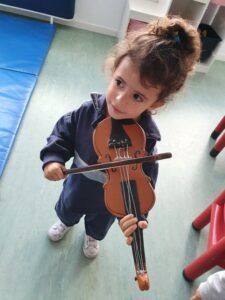
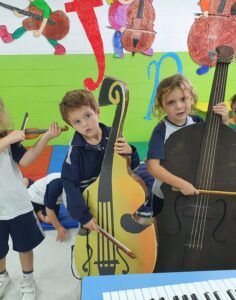
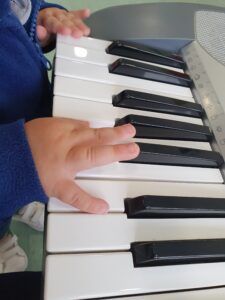
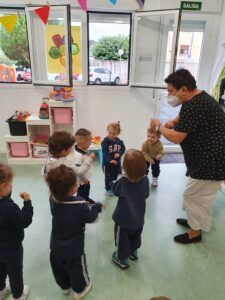
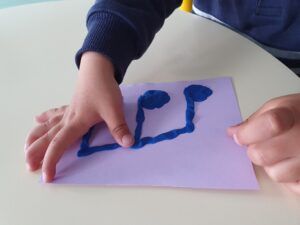
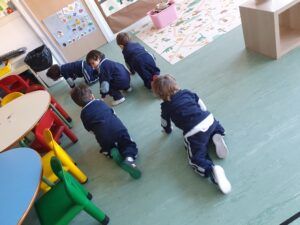
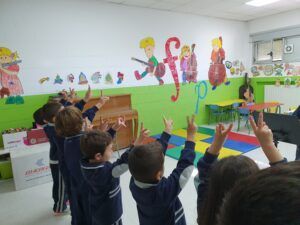
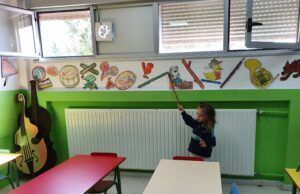
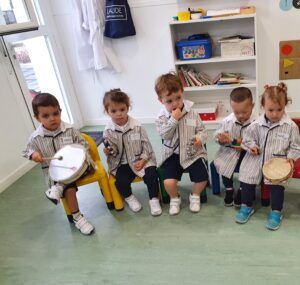
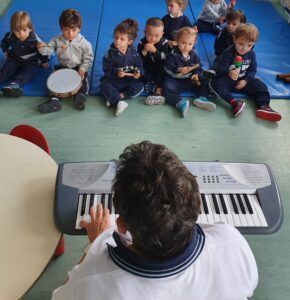

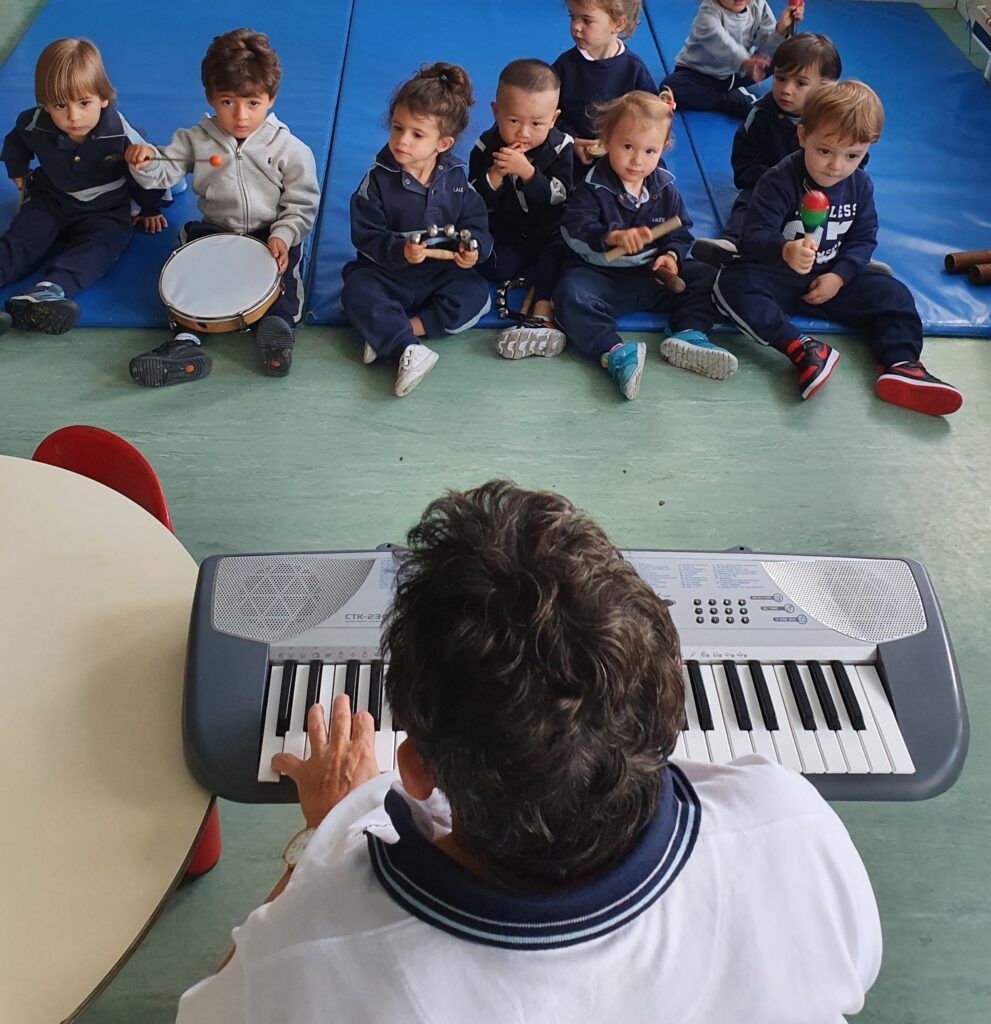
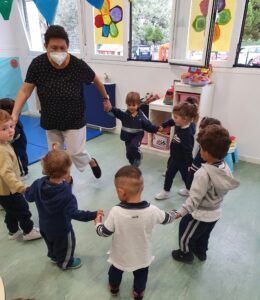











![BAPParentLogo[5]](https://fontenebroschool.com/wp-content/uploads/2020/09/BAPParentLogo5.png)


